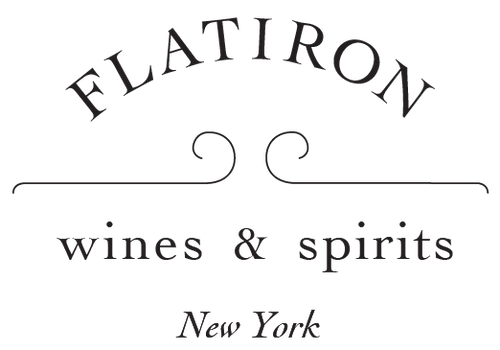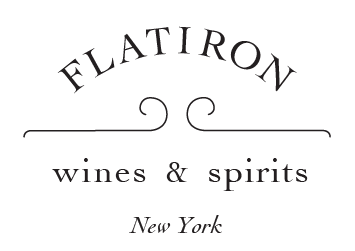Hunting for bright, mineral-driven white wines in the age of climate change is starting to become a challenge.Many of the go-to regions for these wines—Sancerre, Wachau, Chablis—have seen record high temperatures in their continental climate zones. This can lead to wines heavy on the tropical notes and lacking their signature steely backbone.To escape the heat, we can head further north, up a mountain, or to the coast. Maritime climates have an incredibly moderating influence. Grapes struggle to ripen—not because it's so cold, but because it's just not very hot. Places like Muscadet, Santa Barbara and Rias Baixas are all excellent examples of cool-climate, coastal wines.Rias Baixas is on the north Atlantic coast of Spain. Average temperatures of 55 degrees, huge amounts of rain and constant salty ocean wind equal acid and salinity in droves. The area's pure granitic soil, with giant rocks jutting out of the hillsides, and its steeply terraced vineyards, impart a signature mineral note.Francisco Alfonso planted his vines in 1982, selling unlabeled bottles to his neighbors. A lot has changed in the intervening years: Pedralonga, "Big Rock," was established, the vines went from organic to biodynamic, and his son Miguel took over. Like many top wines, they ferment using natural yeasts in stainless steel. The 40-year old vines give great concentration, and it's a combination of both that granitic soil and the proximity to the Atlantic that give so much crisp minerality. No Sancerre at this price point is going to hold a candle to this wine and it'll give Chablis a run for its money.
What importer Bowler Wine has to say about this wine...
Serea, meaning “Mermaid” in Gallego, is 100% hand-harvested Albariño from ten- to fifteen-year-old organic vines near the coast. Fermented and aged in stainless steel for three months.
Details
-
Grape Variety
-
Vintage
2023
-
Size
750ml
-
Farming Practice
Biodynamic
-
Sweetness
Dry
-
Body
Light Bodied



